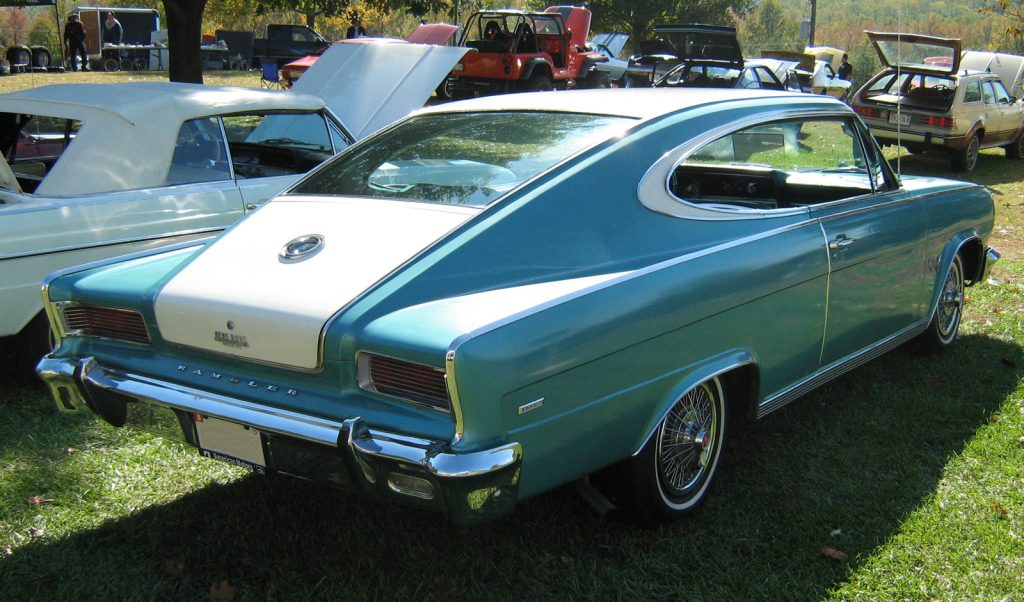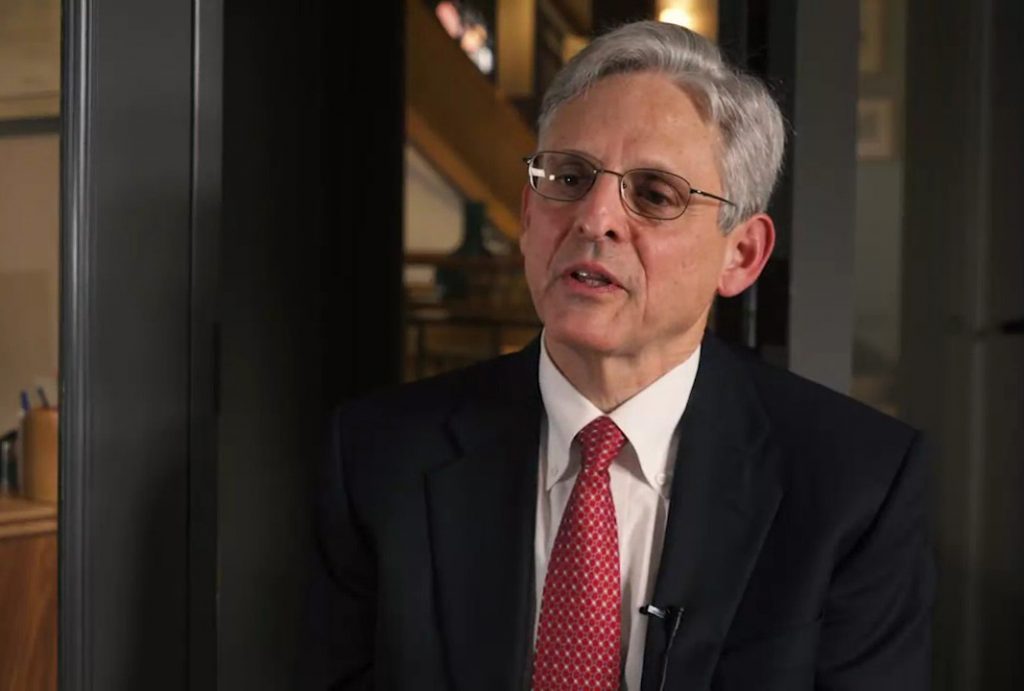Why a terrorist attack is more likely with a weak president
Islamic terrorists want an Islamic holy war. They believe in a clash of civilizations and want to unite all Muslims in a war against the West.
Abu Musab al-Zarqawi, the Jordanian militant who founded al-Qaeda in Iraq, said before he was killed:
The spark has been lit here in Iraq, and its heat will continue to intensify … until it burns the crusader armies in Dabiq.
Their propaganda recalls an old prophecy that Islamic armies will rise up to meet the forces of “Rome” (or the West) on the fields of Dabiq in Syria. Victory in Dabiq will signal the caliphate’s conquest of the West.
This all seems scary until you realize that the number of Islamic state terrorists is estimated at between 80,000 and 100,000. Recent estimates have put it at closer to between 15,000 and 20,000. If we take the highest estimate, that’s still at least 16,000 less than the current population of Peoria, Illinois.
In other words, they have a problem: there are not many of them. The final battle they want isn’t going to look very good if they can be defeated by the population of Peoria.
How are they trying to deal with this recruiting problem?












